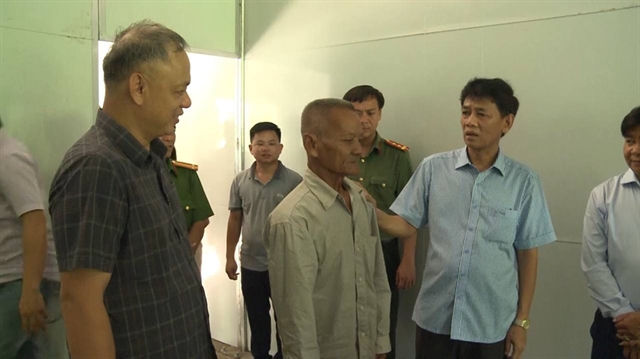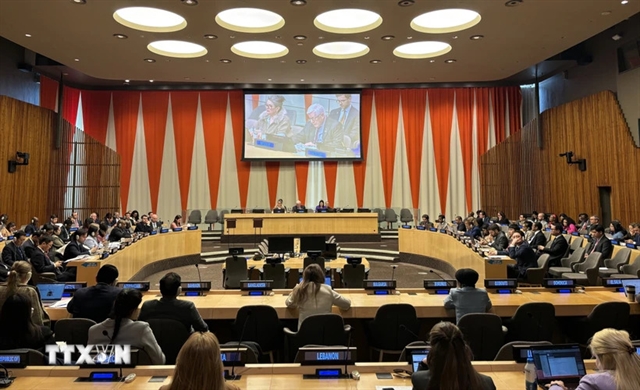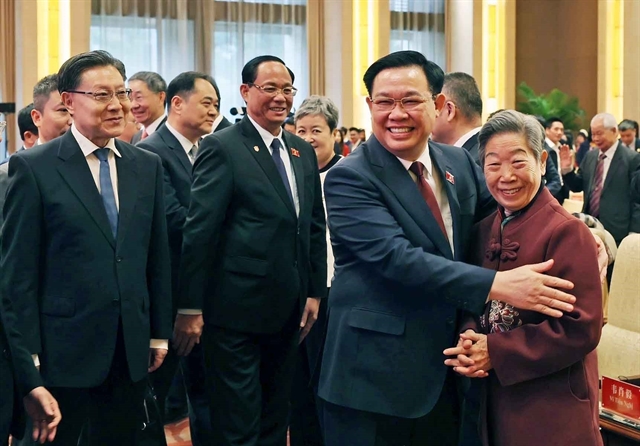.jpg) Opinion
Opinion

Hoàng Quốc Vượng, Deputy Minister of Industry and Trade speaks to the Nhân Dân (People) newspaper about violations in the operation of reservoirs.
 |
| Deputy Minister Hoàng Quốc Vượng. |
Hoàng Quốc Vượng, Deputy Minister of Industry and Trade speaks to the Nhân Dân (People) newspaper about violations in the operation of reservoirs.
Do you think that our hydroelectric dams and reservoirs are in good shape to operate in the upcoming rainy season?
About three months ago, the Ministry of Industry and Trade sent an official letter to ask all dam owners and Provincial Departments of Industry and Trade to review and consolidate their plans to make sure all dams and reservoirs in their provinces are safe during the upcoming rainy season. The official letter ordered dams and reservoir owners to co-operate with local authorities to ensure good information flow during the rainy season.
Before the monsoon season, the Ministry of Industry and Trade and its affiliated departments always sends teams to check the safety of some dams and come up with recommendations to make sure the dams will be strong enough to withstand bad weather. By now I can say that all hydroelectric reservoirs and their dams are in good shape to prepare for floods in 2018.
Incidents occurred in the operation of some hydroelectric reservoirs last year, causing damage to low lying areas. Such incidents had revealed a few loopholes in flood diversion procedures. What should be done to improve the capacity of the reservoirs’ management boards?
Dam owners must take responsibility for the safe operation of their dams. So do the provincial Departments of Industry and Trade and the Natural Disaster Prevention and Control Board. During their inspection visits, if any safety violations are detected, the inspectors will have the right to rescind their operating licenses. And in serious cases they could bring criminal charges.
For example, in 2016, the Ministry of Industry of Trade gave an administrative fine to the Management Board of the Hố Hô Hydro Power Plant for failing to operate the reservoir correctly and causing serious floods in the lower river basin.
Many people have complained that the poor management of hydropower plants in the course of surveys, construction and operation has led to weak operation. How do you respond to such a comment?
Through on sight visits of some hydropower plants and reading reports have been compiled by local Provincial People’s Committees, I should say that all project owners have strictly followed our Construction Law and related legal documents in the construction of hydropower plants.
It has been reported that a few hydropower plants have not followed their commitments to develop flood maps. Is that correct?
Under Government Decree 72/2007, all hydropower plants must have flood maps. However, such a map should include the river and river basin. So, the responsibility cannot only rest with the owner of the hydropower plant or the related irrigation canal, but on all related management offices. This issue has been covered in the guiding documents to implement the Irrigation Law.
Do you want to send a message to people living in the lower basin of all hydropower plants in the country?
I just want to confirm that the Ministry of Industry and Trade has done its best to make sure of the safe operation of all hydropower plant reservoirs during the monsoon season. We have launched campaigns to raise awareness about the Law on Natural Disaster Prevention and Control, the Law on Irrigation and other related legal documents. The MOIT has also ordered all dam owners to strictly operate their dams in accordance with related legal documents.
In the pipeline, the MOIT has adopted a plan to co-ordinate closely with concerned agencies and localities to make sure that the act of opening flood gates will be strictly observed and inform the people beforehand. —VNS

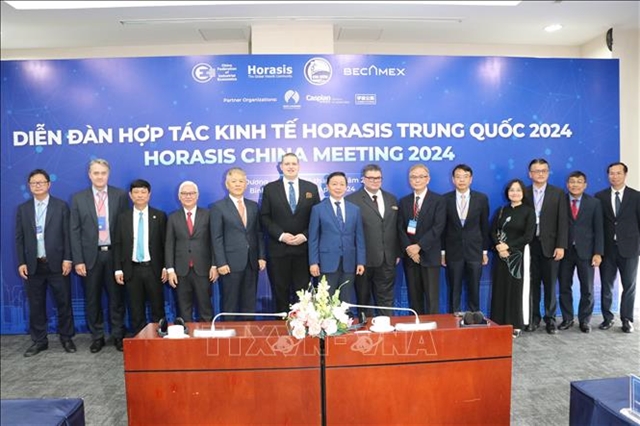
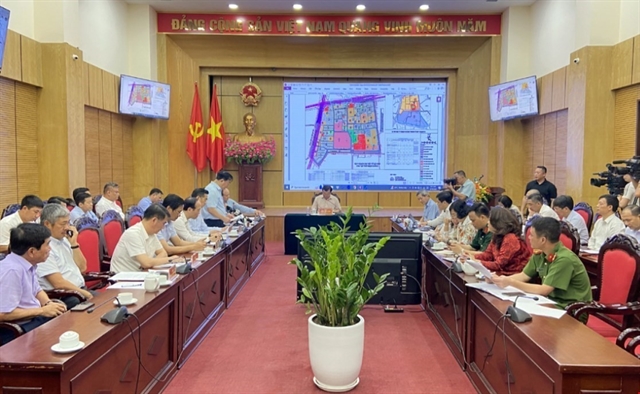
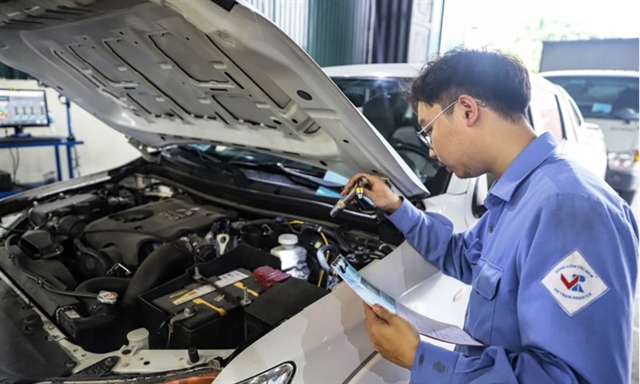
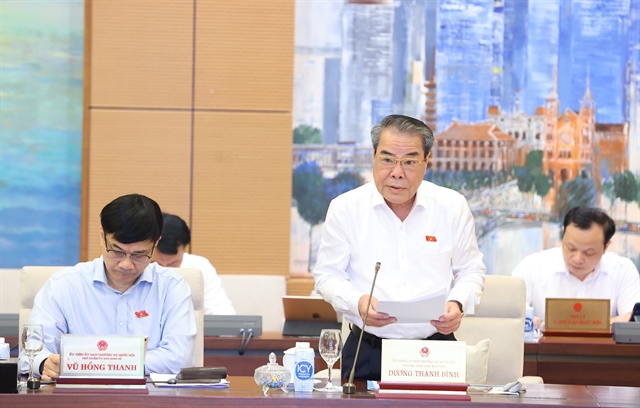

.jpg)
